Infection and Immunity nieuws
Mar 25: UMC Utrecht investigates effects of corona vaccination in patients with immune disorders
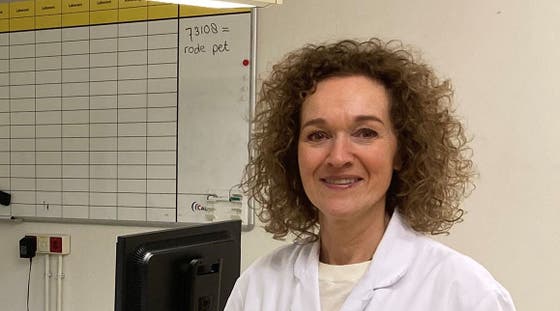
Last week, a study was started at UMC Utrecht and six other academic medical centers in the Netherlands into the effects of vaccination against patients with a congenital or hereditary (primary) immune disorder. This so-called VACOPID study was initiated by Erasmus MC and UMC Utrecht and is funded with a grant from ZonMw. A total of 500 patients and 200 control subjects will be examined.
Read moreMar 22: Corona antigen rapid test effective when used with close contacts
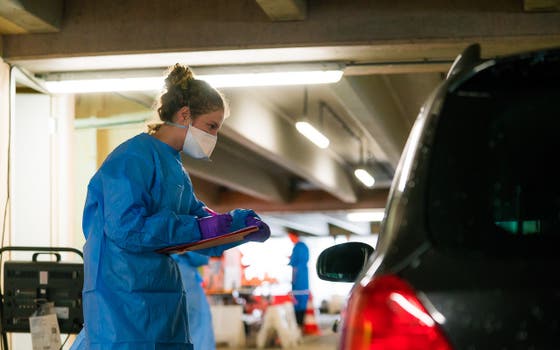
The results of a study into the effectiveness of early antigen rapid testing in people who have been closer than 1.5 meters to a person infected with SARS-CoV-2 for more than 15 minutes, were published last week. More than 8 percent of the group of close contacts who had no complaints at the time of making the appointment were tested positive for SARS-CoV-2 from day 5 after the contact with an RT-PCR. The antigen rapid test is also sufficiently accurate to detect a corona infection in such close contacts at an early stage without complaints but with a high viral load.
Read moreMar 16: Effect of schools measures depends on other options for social distancing

A new modelling study from UMC Utrecht shows that a reduction of contacts associated with infection in schools can lead to a significant decrease in the effective reproduction number Re if other measures fail. Such school measures are most effective in the oldest age groups, in higher education and in the oldest groups in secondary schools.
Read moreMar 12: 12 million for European COVID vaccine research
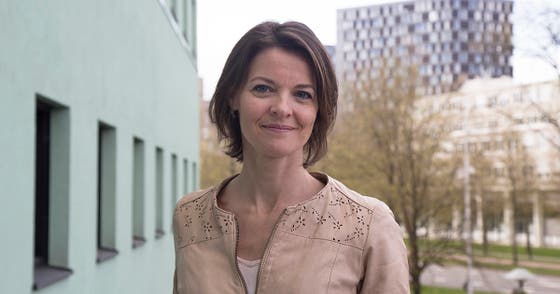
Will the current vaccines be sufficiently effective if new virus variants emerge? Can you combine two vaccines while there is a shortage? Does it make sense to vaccinate children? These kinds of questions are expected to be answered by VACCELARATE: a European network set up for clinical trials with COVID-19 vaccines in 21 countries. The UMC Utrecht is coordinating the capacity building of the trial sites.
Read moreMar 11: Marked geographical variation in prevalence and nature of food allergy

Until now, it has been unclear how often food allergies occur in Europe. PhD research by Sarah Lyons at UMC Utrecht revealed that the prevalence of food allergy in children and adults across Europe shows considerable geographical variation and is influenced by food, pollen, and possibly microbial exposure. Patient history, skin prick testing and blood testing play important roles in diagnosis of food allergy. Models combining all these aspects of the food allergy diagnostic work-up were found to improve prediction of severity of tree nut allergies and may support decision making in clinical practice.
Read moreMar 4: Femke van Wijk receives Vici grant for T-cell research
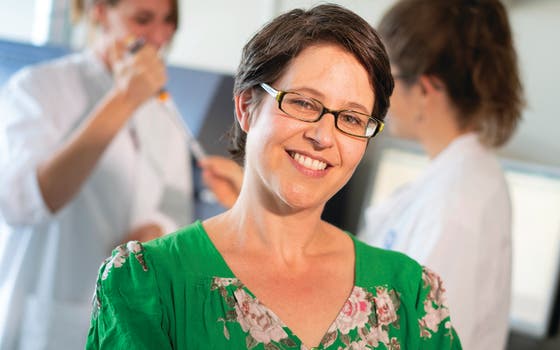
Femke van Wijk, Professor Tissue Immunology (Center for Translational Immunology, UMC Utrecht) has been awarded a prestigious Vici Grant from ZonMw to expand on her research lines on the role of naïve T-cells in prediction and monitoring of long-term clinical outcomes, for example in stem cell transplantation and chronic inflammatory diseases.
Read moreFeb 26: Immunoglobulin A response to microbiota can uncover disease-modifying microbial organisms and biomarkers in IBD

Clinical study in patients with inflammatory bowel disease demonstrates that investigating immunoglobulin A (IgA) responses to microbiota can uncover potential disease-modifying microbial organisms and reveal improved biomarkers of clinical course in IBD. This was concluded in a study by Dutch and American investigators that was published recently in Cell Host & Microbe.
Read moreFeb 24: ECRAID-Base Launches European Clinical Research Alliance
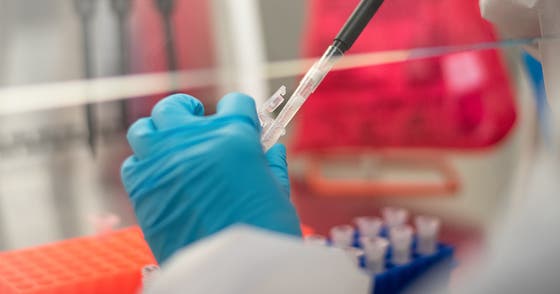
Following the signing of the Grant Agreement by the European Commission (EC), ECRAID-Base has secured funding of 30 million euros and will commence March 1st 2021. ECRAID-Base is the core set of activities for ECRAID (the European Clinical Research Alliance for Infectious Diseases), which aspires to become the first of its kind, pan-European clinical research network for infectious diseases in Europe. Over the five-year duration of ECRAID-Base, ECRAID will evolve into a self-sustaining, not-for-profit organisation conducting clinical research for both public and private sponsors.
Read moreFeb 19: Food labels can be much clearer

Walk into a random supermarket and you will be overwhelmed by the sheer diversity of products and labels. This may not be a problem for most people, but if you have a food allergy or have to cook for someone who does, it is. The numerous labels all display the allergy information in a different way, which certainly does not help the customer when trying to find out if they can eat the product or not. Communication experts from the Faculty of Humanities as well as experts from University Medical Center (UMC) Utrecht and the Netherlands Organisation for Applied Scientific Research (TNO) have joined forces to come to a joint proposal for a food label which makes it much easier for people with a food allergy or intolerance to identify the information they need.
Read moreFeb 18: Identification of unique antibody characteristics may result in fewer food challenges
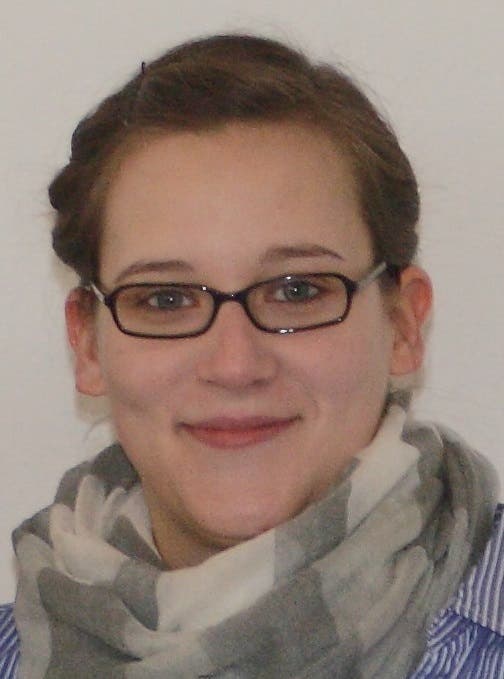
Research into unique antibody characteristics forms the basis for the development of improved, minimally invasive food allergy diagnostics. Such developments are expected to lead to less burden for the patient in the future, because fewer drastic food challenge tests will be required. This was concluded by Anna Ehlers who obtained her PhD degree at Utrecht University on February 18, 2021.
Read more